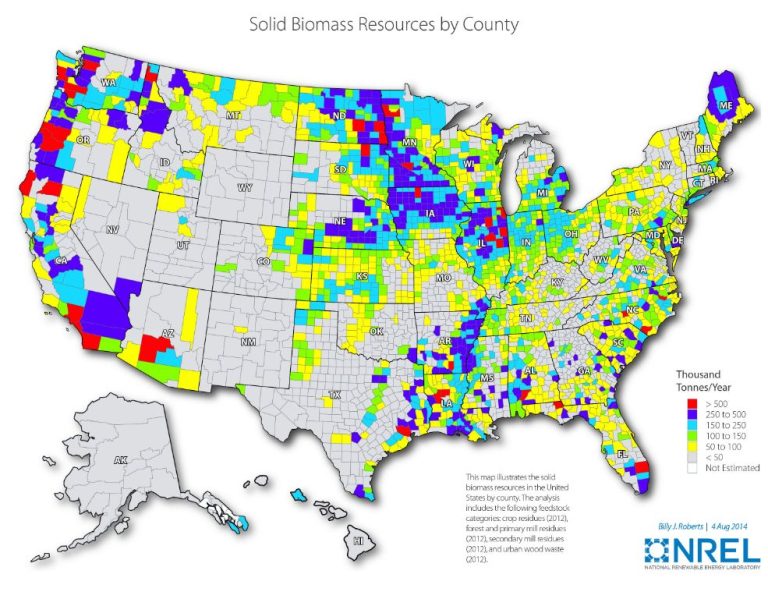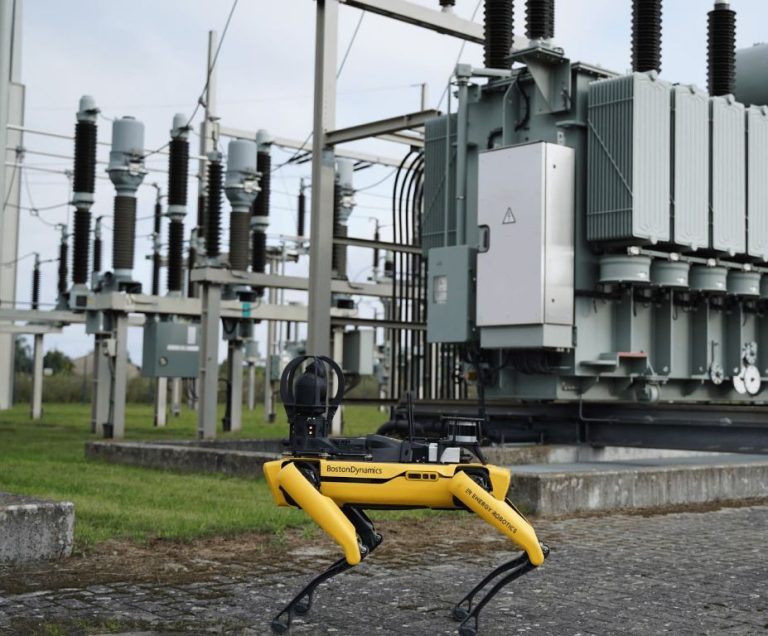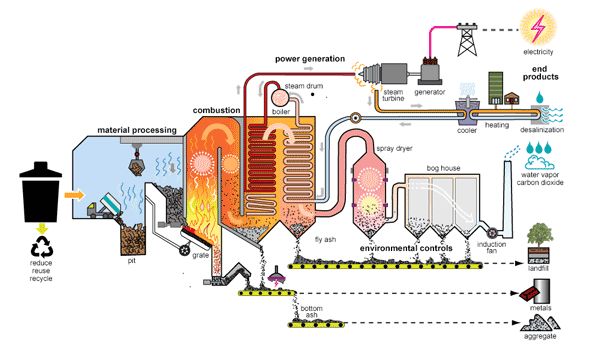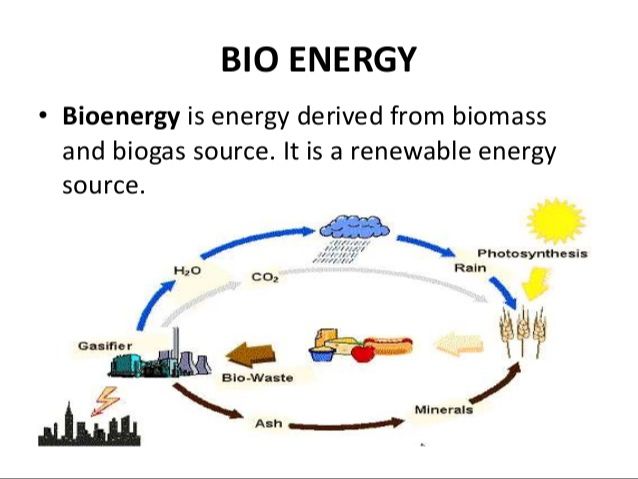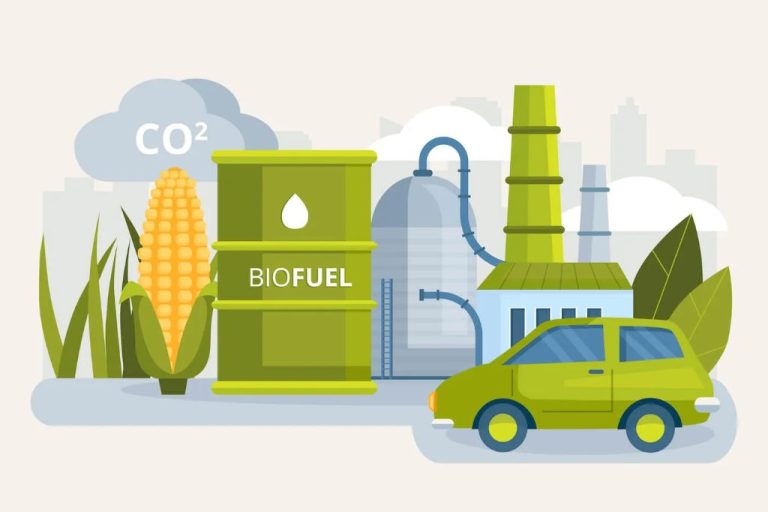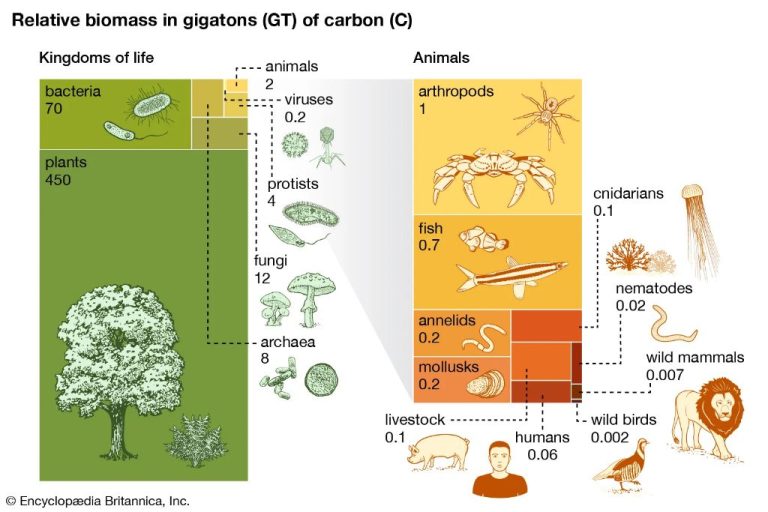Who Are The Competitors Of Lf Bioenergy?
Introduction
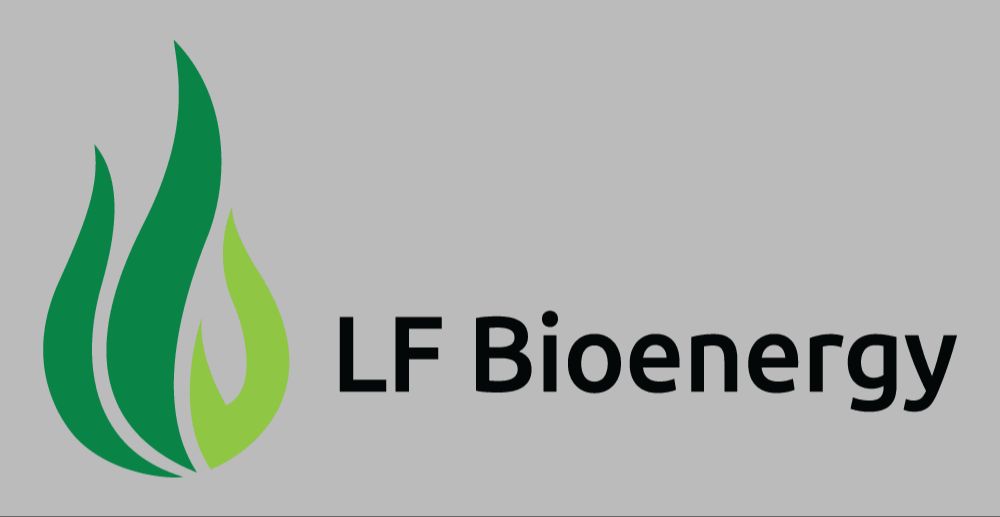
LF Bioenergy is an emerging U.S.-based renewable natural gas (RNG) producer that specializes in converting biogas from manure and other wastes into low-carbon RNG. The company was originally a joint venture between Louis Dreyfus Company North America and Vanguard Renewables before Marathon Petroleum recently acquired a 49.9% interest.
LF Bioenergy operates in the broader biofuels industry, which produces transportation fuels like ethanol and biodiesel from renewable biological sources. The biofuels industry has grown considerably in recent decades in response to government policies and consumer demand for lower carbon fuels. However, it faces challenges like high production costs compared to conventional fuels. LF Bioenergy aims to be a leader in the next generation of lower carbon biofuels through its focus on RNG production.
Major Competitors
Some of the major competitors of LF Bioenergy include:
Poet – Poet is one of the world’s largest producers of ethanol and operates multiple corn ethanol plants across the United States. It focuses on advanced biofuels and holds over 400 awarded and pending patents related to the conversion of cellulose materials into renewable fuels (source).
Valero – Valero operates 14 corn ethanol plants and is one of the largest ethanol producers and marketers in the United States. It has a production capacity of 1.73 billion gallons per year, giving it significant market share (source).
Archer Daniels Midland (ADM) – ADM is a major agricultural processor and food ingredient provider that also produces ethanol from corn. It operates dry corn mills and ethanol plants across the Midwest to produce fuel ethanol and high-fructose corn syrup (source).
Abengoa Bioenergy – Abengoa is an international company that designs and implements solutions for sustainability. It operates six ethanol plants in the United States with a combined production capacity of over 550 million gallons per year (source).
Pacific Ethanol – Pacific Ethanol is a leading producer and marketer of low-carbon renewable fuels in the Western United States. It owns and operates seven ethanol production facilities with a combined production capacity of over 600 million gallons per year (source).
Poet
Based in Sioux Falls, South Dakota, POET is a leading producer of bioethanol in the United States. POET operates 29 ethanol plants spread across eight different states, with the capacity to produce over 1.8 billion gallons annually (“Bioethanol”, Poet.com). Founded in 1987, POET has been a pioneer in bioethanol production for over 30 years and continues to be an industry leader today (“POET: Home”, Poet.com). With a focus on renewable and sustainable energy, POET converts corn and other plant materials into valuable bioproducts through a proprietary production process. The company produces bioethanol that serves as a clean, low-carbon renewable fuel source to help power society.
Valero
Valero is one of the largest ethanol producers in the United States (Valero, n.d.). The company owns and operates 14 ethanol production plants across the US and Canada, converting corn into fuel ethanol and other co-products (Valero, n.d.). In 2022, Valero produced over 3.8 million gallons of ethanol per day, representing a 2% decrease from the previous year’s production (Statista, 2023). With its extensive network of production facilities, Valero has established itself as a major player in the US ethanol industry.
Archer Daniels Midland (ADM)
Archer Daniels Midland (ADM) is a large agribusiness and one of the biggest ethanol producers in the United States. ADM produces fuel ethanol at dry mills located across the Midwest [1]. The company has a production capacity of 1.7 billion gallons per year, making it one of the largest fuel ethanol manufacturers [2]. ADM converts corn into ethanol which can be blended with gasoline to reduce emissions and enhance octane ratings.
ADM is invested heavily in the ethanol industry. The company uses over 50% of its U.S. ethanol production capacity to produce sustainable aviation fuel in a partnership with Gevo [1]. ADM positions itself as a leader in renewable energy and fuel [2].
Abengoa Bioenergy
Abengoa Bioenergy (ABBK) is a subsidiary of Abengoa[1], a Spanish renewable energy company focused on developing biofuel production technologies. ABBK operates several commercial-scale ethanol plants in the United States producing fuel ethanol from corn and cellulosic biomass.
In 2014, ABBK brought online a commercial-scale cellulosic ethanol biorefinery in Hugoton, Kansas. The plant utilizes an enzymatic hydrolysis process to produce 25 million gallons of ethanol annually from agricultural residues like corn stalks and wheat straw[2]. This $132 million plant was partially financed through a loan guarantee from the Department of Energy and represented an important milestone in expanding US cellulosic ethanol production[3].
In total, ABBK operates six ethanol plants in the Midwest producing over 300 million gallons of fuel ethanol per year. The company has heavily invested in next-generation cellulosic ethanol technologies to convert non-food plant material into biofuels.
[1] https://www.abengoa.com/web/en/novedades/hugoton/noticias/
[2] https://www.energy.gov/lpo/abengoa-bioenergy
[3] https://www.energy.gov/eere/bioenergy/abengoa
Pacific Ethanol
Pacific Ethanol is a leading producer and marketer of low-carbon renewable fuels in the United States. The company has a network of facilities located throughout the Western United States. According to their website, Pacific Ethanol has a combined production capacity of 515 million gallons per year across plants in California, including facilities located in Stockton, Madera, and Pekin https://grains.org/grain_supplier/pacific-ethanol-inc-2/.
Pacific Ethanol’s focus is on producing fuel-grade ethanol on the West Coast. As of 2019, approximately 85% of the company’s production mix was fuel-grade ethanol, with the remaining 15% being specialty alcohols and feed products according to an article on EthanolProducer.com https://ethanolproducer.com/articles/pacific-ethanol-to-change-focus-sell-or-repurpose-idle-plants-17689. The company has shifted its strategic focus towards maximizing production and sales of fuel-grade ethanol in the Western United States.
Other Competitors
In addition to the major players, there are other smaller competitors in the bioenergy industry:
White Energy is an integrated bioethanol company that operates in the US and Australia. They own and operate bioethanol plants and related infrastructure. White Energy partners with major companies like BP for distribution.
Guardian Energy is an ethanol production company based in Wisconsin. They produce over 130 million gallons of ethanol annually. Guardian Energy strives to be one of the lowest cost and most efficient producers in the industry.
Aemetis specializes in renewable fuels and biochemicals. Their renewable jet and diesel fuels have a carbon intensity over 80% below petroleum fuels. Aemetis owns production facilities in California and India.
Competitive Comparison
In terms of production capacity, the United States is the leading producer of fuel ethanol, producing 15.4 billion gallons in 2022, compared to Brazil’s second place production of 5.6 billion gallons (Statista). The U.S. primarily uses corn as the feedstock while Brazil uses sugarcane (AFDC). The top competitors in the U.S. are:
Poet: Located mainly in the Midwest, Poet has an annual production capacity of 1.69 billion gallons, making it the largest U.S. ethanol producer with a 28% market share.
Valero: Headquartered in Texas, Valero operates 10 ethanol plants with a combined capacity of 1.73 billion gallons per year, giving it a 29% market share.
Archer Daniels Midland (ADM): With headquarters in Illinois, ADM has an annual production capacity of 1.2 billion gallons from its dry mills, capturing 20% market share.
In terms of locations, the majority of U.S. ethanol production occurs in the Midwest due to proximity to corn crops. Market share is distributed among several major players, with Poet, Valero and ADM being top competitors.
Conclusion
LF Bioenergy faces competition from several major players in the biofuels industry. Poet, Valero, Archer Daniels Midland, Abengoa Bioenergy, and Pacific Ethanol are some of the top competitors with large-scale biofuel production capabilities. While smaller competitors exist, these companies pose the biggest threat in market share.
Each competitor has its own strengths – Poet is the largest bioethanol producer worldwide, Valero has fuel blending and distribution advantages, ADM has a diverse business model, Abengoa focuses on next-gen biofuels, and Pacific Ethanol has a strong West Coast presence. However, LF Bioenergy has the potential to compete by leveraging proprietary technology, strategic partnerships, and specialty biofuel products.
The biofuels industry will likely remain competitive as demand grows for renewable fuel sources. LF Bioenergy can succeed by emphasizing its unique value proposition and continuing to innovate. However, it must remain aware of competitor capabilities and ready to adapt to shifts in the market. Overall, through strategic investments and focus on operational efficiency, LF Bioenergy can establish itself as a major player.

